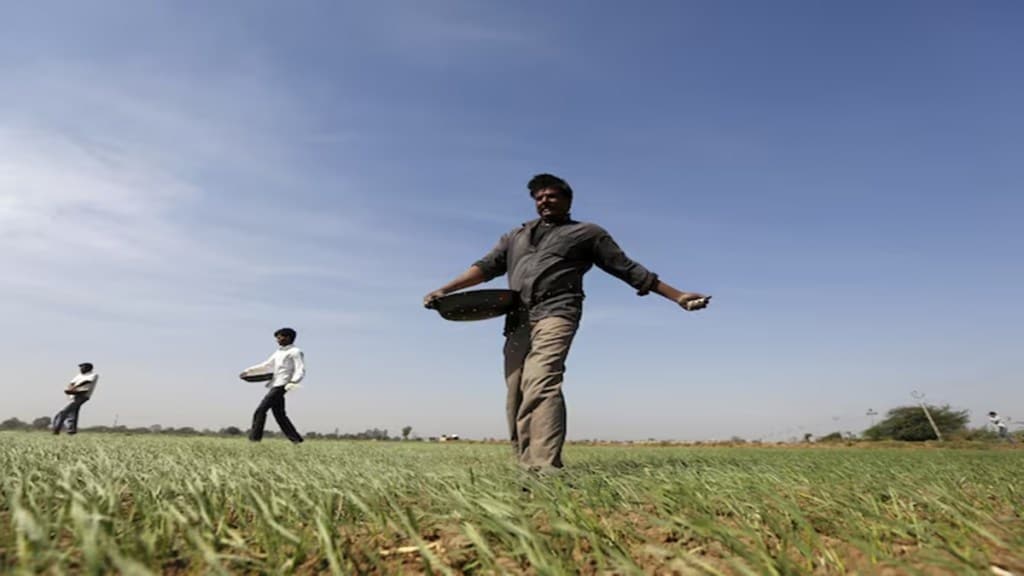The government on Wednesday extended additional subsidy on di-ammonium phosphate (DAP) beyond December 31, 2024, aimed at helping maintain retail prices of this key fertiliser at Rs 1,350/a bag of 50 kg. This will push up the fertiliser subsidy by Rs 3,850 crore in the current financial year.
“Farmers will continue to get DAP at Rs 1,350 per 50-kg bag and the extra burden will be borne by the central government. One-time special package up to Rs 3,850 crore is approved for DAP fertiliser,” information and broadcasting minister Ashwini Vaishnaw said in a press briefing. He pointed out that the global market prices of DAP are volatile due to geopolitical concerns.
The government has stated that DAP imports were impacted due to the Red Sea crisis since the beginning of the year, as ships are rerouted and take an additional 6,500 km through the Cape of Good Hope, South Africa, thus taking an additional 14-45 days for a consignment to reach Kandla port in Gujarat.
Earlier, in a bid to improve availability, the fertiliser ministry has offered an additional subsidy of Rs 3,500/tonne for DAP, or a special package costing Rs 2,625 crore, to cover rising cost during April-December 2024-25 to make the price sustainable for companies for procurement of DAP. However, trade sources said that with the rise in global prices of DAP, such a hike has become uneconomical. Global prices of the soil nutrient, which is vital for the winter crops during early sowing stages, have surged in recent months.
The fertiliser ministry has assessed 5.5 million tonne (MT) of DAP usage for the forthcoming rabi season, out of which 60% is being imported from countries such as Russia, Morocco, Saudi Arabia, Jordan, Egypt and China. The annual domestic production of DAP is around 4.5-4.8 MT against a demand of 10-11 MT.
“In last three months, we have tried the longer routes to ensure adequate supply of DAP although availability is impacted,” Rajat Kumar Mishra, secretary, the department of fertiliser, had stated at national rabi conference while stressing micro-management of supplies of non-urea fertiliser.
Industry sources told FE that due to supply disruption in the Red Sea, landed cost of DAP in the country has increased by 26% from $510/tonne in May to $645/tonne or around Rs 54,000/ tonne at present.
The fertiliser ministry has stated that domestic production of DAP and NPK fertilisers is running at optimum level. “The department is continuously monitoring state requirements and import flows to manage the situation effectively,” according to an official note.
The MRP of DAP has remained at the same level since the Covid period. In September, to ensure supplies of non-urea soil nutrients at a reasonable price to farmers, the Cabinet had approved Rs 24,474 crore subsidy on phosphatic and potassic (P&K) fertilisers for the rabi season 2024-25 which is an increase of 10% year-on-year.
The government announces subsidies under the NBS mechanism twice a year before the commencement of kharif and rabi crops sowing. Retail prices of phosphatic and potassic (P&K) fertilisers, including DAP were ‘decontrolled’ in 2010 with the introduction of a ‘fixed-subsidy’ regime as part of NBS mechanism.





